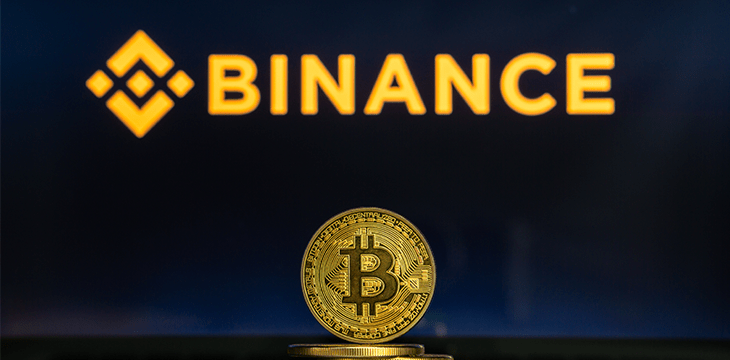It’s been a crazy year for the largest digital currency exchange by volume, Binance. CEO Changpeng Zhao (CZ) has had his hands full as regulatory pressure mounts and the long arm of the law comes knocking throughout the digital currency industry.
2021 has seen Binance blocked by many major banks, booted out of several countries, and accused of market manipulation and insider trading. As the year comes to a close, there are more changes afoot in Zhao’s digital empire.
It has been a busy month for Binance
In December alone, three fairly significant developments occurred for Binance.
- First, it signaled its intention to block U.K. derivatives traders in a bid to win regulatory approval in the country. This comes on the heels of major U.K. banks blocking Binance after the Financial Conduct Authority (FCA) issued a formal warning about the firm.
- Second, Binance announced that it would withdraw its application for a bourse in Singapore. Binance.sg will retreat from the Singaporean market, focusing on blockchain development instead.
- Third, Binance announced that it is in talks with a major Indonesian bank, PT Bank Central Asia, to set up an exchange in the country. This would be a much-needed lifeline for Binance.
The first of these moves is simple enough to explain. Binance took a major beating in the U.K. earlier this year when almost all of the large banks operating in the country stopped allowing deposits to it, and the main U.K. financial watchdog issued a warning about it. Banning digital currency derivatives traders would help Binance’s image with U.K. regulators. Other trading platforms that previously offered derivatives on BTC, ETH, and other digital currencies have already done this.
The second story is one we’ve seen many times with Binance. Whether CZ and friends like it or not, the past can’t simply be forgotten as if it never happened. Binance flouted KYC/AML regulations for years, at one point with a 2BTC limit on non-KYC accounts, and Singaporean regulators are some of the toughest in the world. Even though Binance has paid lip service to regulations and has recently taken some steps to comply, Singaporean officials were never going to look kindly on a company that showed such utter disregard for the law for so long.
Regarding the final story, Indonesia is indeed a big, fast-growing economy, and its relatively young, tech-savvy population has embraced digital currency trading. However, the Indonesian government owns half of the shares of the bank in question, and they’ve already banned digital currencies as a form of payment. On top of that, Indonesia’s national religious council recently said that digital currencies (aka crypto) are “haram” or forbidden according to the tenets of Islam. We’ll see how this ultimately shakes out. It’s certainly not a done deal yet.
Will 2022 be better for Binance?
While CZ and company probably still made bucketloads of cash in 2021, it definitely wasn’t a year they’ll want to relive anytime soon. Regulators from around the world shunned the company and several major banks blocked deposits from their customers’ accounts to it. The reason for all of this is simple: Binance thought it was above the law, and it found out in a rather painful and humiliating way that it never was.
Nobody can say what the future holds for Binance or if it even has one, but unless it complies with every regulation from here on out, it’s going to face an ever-tougher road and will find itself locked out of more and more regulated jurisdictions. As we’ve warned for years at CoinGeek: the law is coming, and only legally compliant actors will survive.
Follow CoinGeek’s Crypto Crime Cartel series, which delves into the stream of groups—a from BitMEX to Binance, Bitcoin.com, Blockstream, ShapeShift, Coinbase, Ripple, Ethereum, FTX and Tether—who have co-opted the digital asset revolution and turned the industry into a minefield for naïve (and even experienced) players in the market.
Source: Read Full Article
